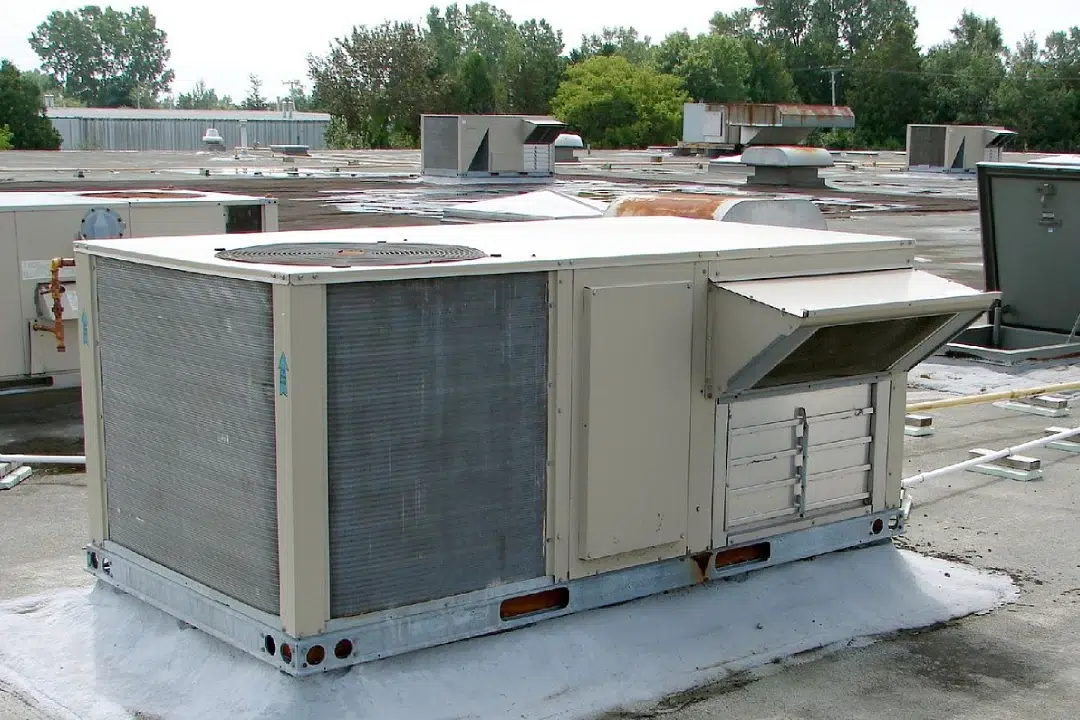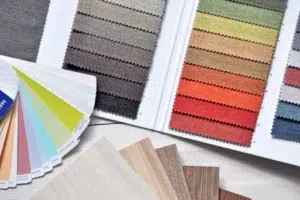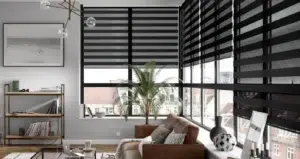Wall panels are a stylish and functional choice for interior design, often bringing a fresh look and feel to a space. Yet, before adding them, it’s essential to understand how they can interact with your home’s HVAC system. The right wall panels can enhance energy efficiency and comfort, but improper choices or installation may hinder your HVAC’s performance. Here’s an overview of wall panels’ positive and negative impacts on HVAC systems.
Positive Impacts of Wall Panels on HVAC Systems
- Improved Insulation: Wall panels, particularly those made from materials with insulating properties, can help regulate indoor temperatures. In colder months, they may help retain heat by reducing drafts, while in summer, they can limit heat transfer from outside. Better insulation means your HVAC system doesn’t have to work as hard, which can lead to lower energy bills and a more energy-efficient home.
- Reduced Noise Pollution: Many wall panels are designed to absorb sound, making them an excellent choice for homes in busy areas or apartments with thin walls. This sound absorption improves the overall comfort of a room and reduces noise levels, creating a quieter and more relaxing environment without the HVAC system needing to compensate for additional noise pollution.
- Enhanced Aesthetic Appeal: Wall panels can significantly improve a room’s appearance, adding depth, texture, and color that elevate the overall aesthetic. While this may not directly impact HVAC performance, a well-designed space often promotes greater comfort and satisfaction, indirectly influencing how a room “feels.”
Negative Impacts of Wall Panels on HVAC Systems
- Potential for Airflow Obstruction: If wall panels are installed incorrectly or obstruct ventilation openings, they can restrict the airflow your HVAC system relies on to regulate temperatures evenly. Poor airflow can lead to hot or cold spots, meaning the HVAC system must work harder to balance room temperatures, increasing energy use and wear on the unit. To avoid this, consult with HVAC professionals before installation.
- Moisture Trapping: Some wall panels, such as those made from porous materials like wood or fabric, can absorb moisture from the air, especially in humid climates or bathrooms. This moisture can lead to mold and mildew growth if not properly ventilated, which may affect indoor air quality and potentially impact the health of those in your household. It’s important to consider moisture-resistant or treated panels if your home is prone to humidity.
Choosing the Right Wall Panels for Compatibility with Your HVAC System
When selecting wall panels for your home, it’s essential to find a balance between design, function, and HVAC compatibility. Thoughtful choices can maximize comfort and efficiency while preventing issues like poor airflow or mold growth. Here’s a breakdown of what to consider for the best results:
Key Factors to Consider
- Material: Selecting the right material is crucial. Look for panels that resist moisture and mold, such as PVC (polyvinyl chloride) or MDF (medium-density fiberboard). These materials handle humidity well and help prevent mold growth, which is particularly important in rooms with higher moisture levels.
- Installation: Proper installation is essential to maintain effective HVAC performance. Wall panels should not block or obstruct airflow, so ensure adequate space is left around ventilation areas. When possible, consult a professional to verify that paneling won’t impede your HVAC’s efficiency.
- Ventilation: Good ventilation is key to maintaining a healthy indoor environment, especially if the wall panels limit airflow. You may need to add extra vents or select wall panels that are designed with ventilation in mind to support good air circulation and indoor air quality.
- HVAC System Maintenance: Regular maintenance of your HVAC system can help it adapt to the changes introduced by wall panels. Cleaning air filters, inspecting ducts, and ensuring adequate airflow through all areas of the house help the system work efficiently alongside wall panels.
Additional Considerations
- Energy Efficiency: Wall panels can boost your home’s energy efficiency by acting as an additional layer of insulation, reducing heat transfer and helping to regulate temperature. Materials like cork or recycled materials have high thermal resistance and can significantly contribute to insulation.
- Indoor Air Quality: Some wall panel materials may release volatile organic compounds (VOCs), impacting air quality. Choosing low-VOC panels helps reduce emissions, creating a healthier environment, particularly if household members have respiratory concerns.
- Maintenance: Different wall panel types require different levels of maintenance. For example, wood panels may need occasional treatment to avoid moisture absorption, while materials like PVC can be easily wiped down. Choose a type that aligns with your maintenance preferences to keep panels looking fresh over time.
Conclusion
Adding wall panels to your home can elevate its look and improve insulation, but it’s important to consider the impact on your HVAC system. By selecting the right materials, ensuring proper installation, and keeping up with HVAC maintenance, you can enjoy the benefits of stylish wall panels without compromising comfort or efficiency.
FAQs
- Can wall panels cause mold growth?
- Yes, certain wall panel materials can trap moisture, creating conditions that encourage mold growth. Using moisture-resistant materials and ensuring good ventilation can help prevent this.
- How can I prevent mold growth behind wall panels?
- Maintain proper airflow, use moisture-resistant materials, and monitor indoor humidity levels to keep mold at bay.
- Do wall panels affect heating and cooling costs?
- Yes, well-installed wall panels can improve insulation, reducing energy consumption and lowering heating and cooling bills.
- Can I install wall panels myself?
- While DIY installation is possible, it’s recommended to consult a professional for complex projects or to avoid potential HVAC issues.
- What are the best types of wall panels for energy efficiency?
- Cork, recycled materials, and other high-resistance materials are excellent choices for energy-efficient wall panels.





